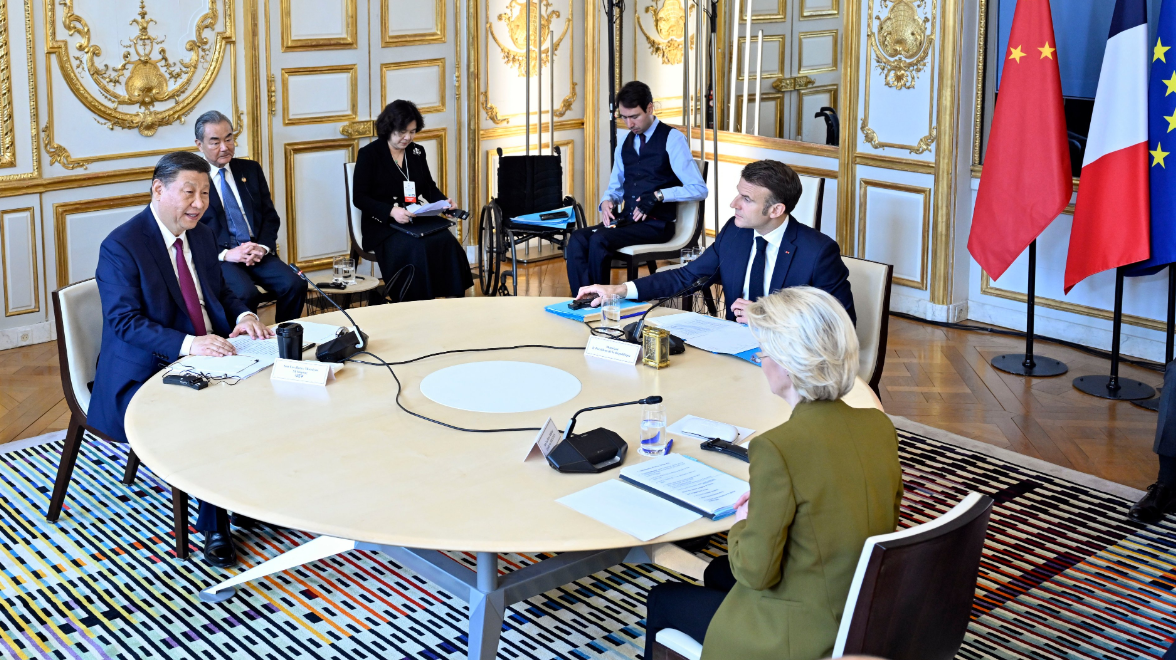
Brian Wong, Assistant Professor in Philosophy and Fellow at Centre on Contemporary China and the World, HKU and Rhodes Scholar
May 30, 2024
For a robust Sino-European partnership, Beijing must recognize European interests, particularly the EU's strategic autonomy and security concerns, and address economic competition while fostering collaborative ventures to repair and enhance bilateral relations.
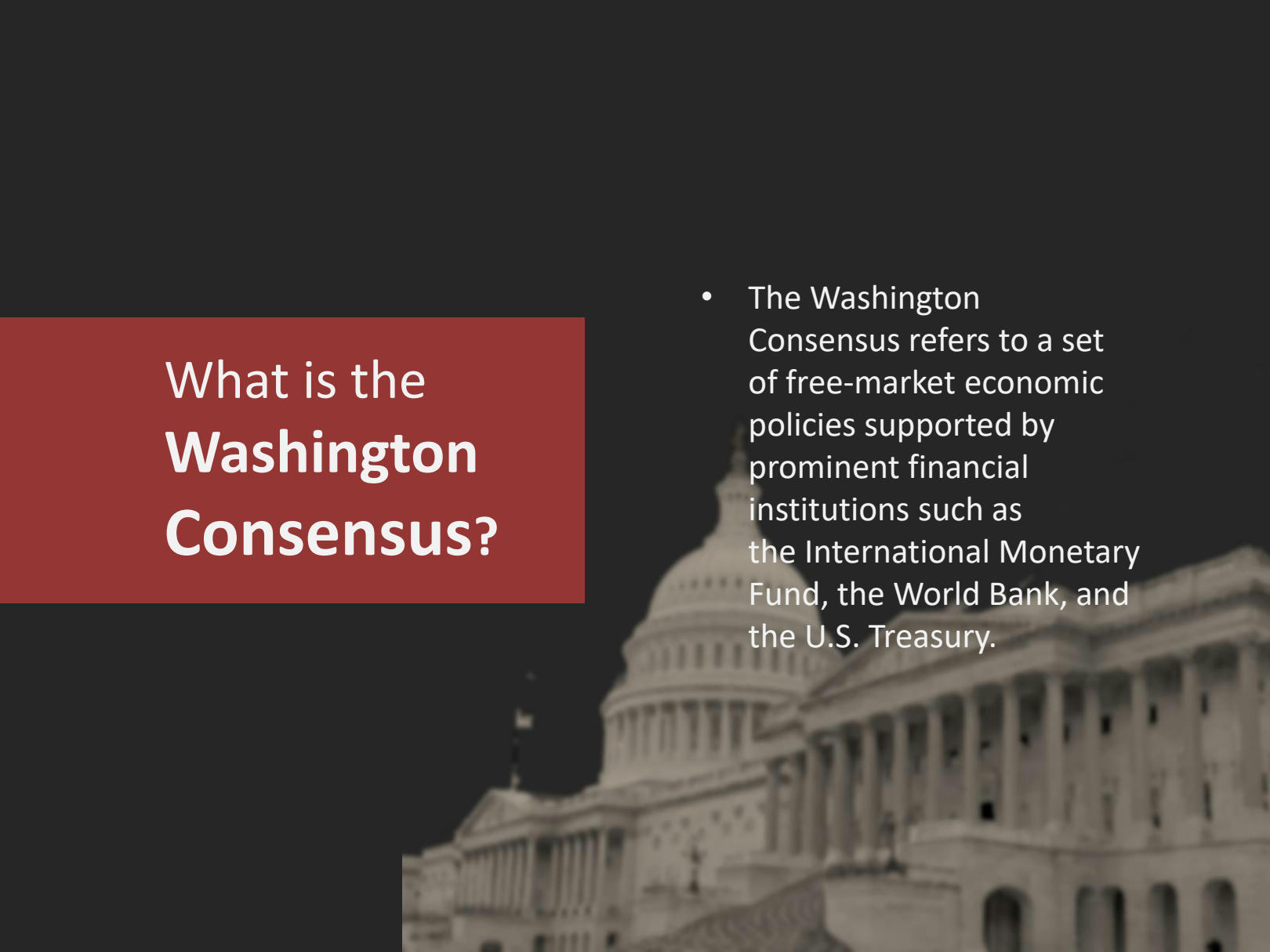
Christopher A. McNally, Professor of Political Economy, Chaminade University
May 30, 2024
The Biden administration’s new tariffs on Chinese goods are primarily symbolic and political, with negligible economic impact, but they aim to protect and foster the U.S. clean energy supply chain, particularly in the EV sector. However, the tariffs are politically motivated and could undermine industrial policy goals by focusing on geopolitical competition rather than applying uniformly to all countries.
Eric Harwit, Professor, University of Hawaii Asian Studies Program
Apr 19, 2024
As electric vehicle production ramps up in the 21st Century, a global assessment of the crucial battery production needed to sustain the industry’s growth reveals how the U.S. and China have brought their differences into this arena.
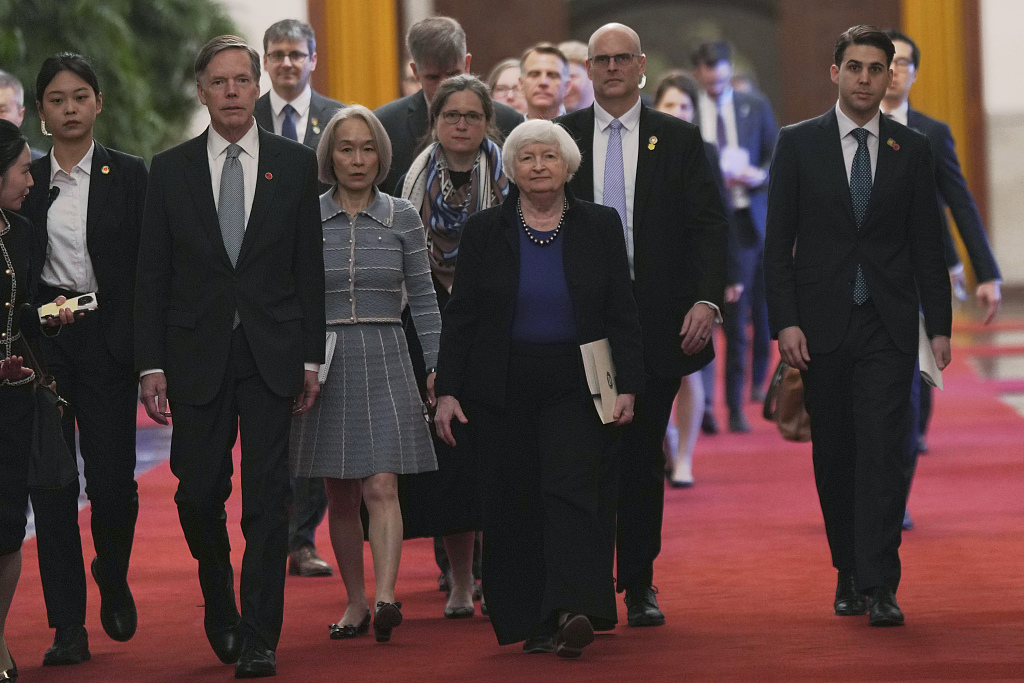
Warwick Powell, Adjunct Professor at Queensland University of Technology
Apr 09, 2024
US Treasury Secretary Janet Yellen recently visited China. The visit and the core messages that accompanied it were remarkable because they evinced an America short on confidence but imbued with its historic sense of entitlement.
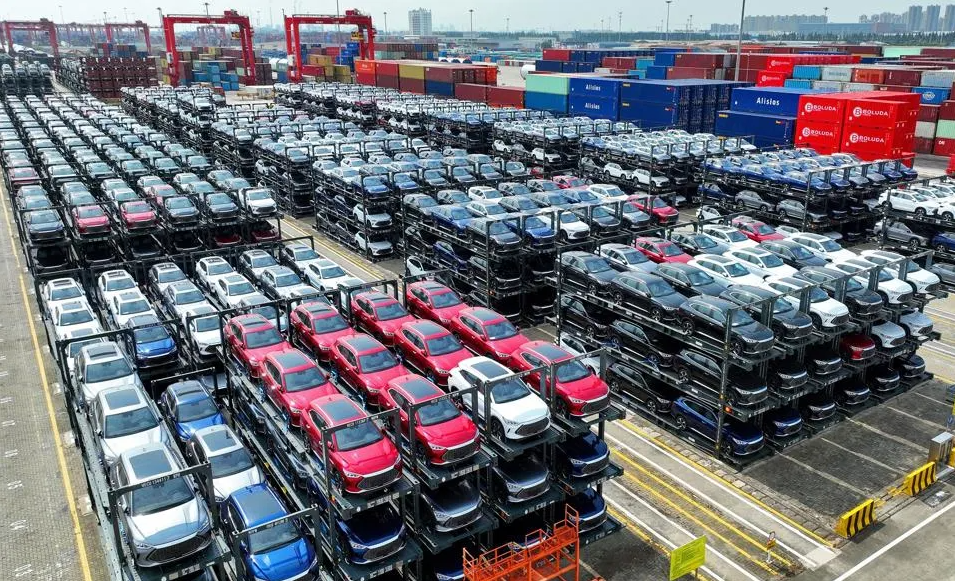
Vasilis Trigkas, Visiting Assistant Professor, Schwarzman College, Tsinghua University
Apr 05, 2024
China's focus on electric vehicles (EVs) over internal combustion engine cars - the "Great Leapfrogging Forward” - has significantly reshaped the global industrial landscape to China's benefit. Recognizing and accurately assessing China's capabilities instead of propagating unfounded narratives about its imminent decline constitutes the foundational first step in competing effectively with China.
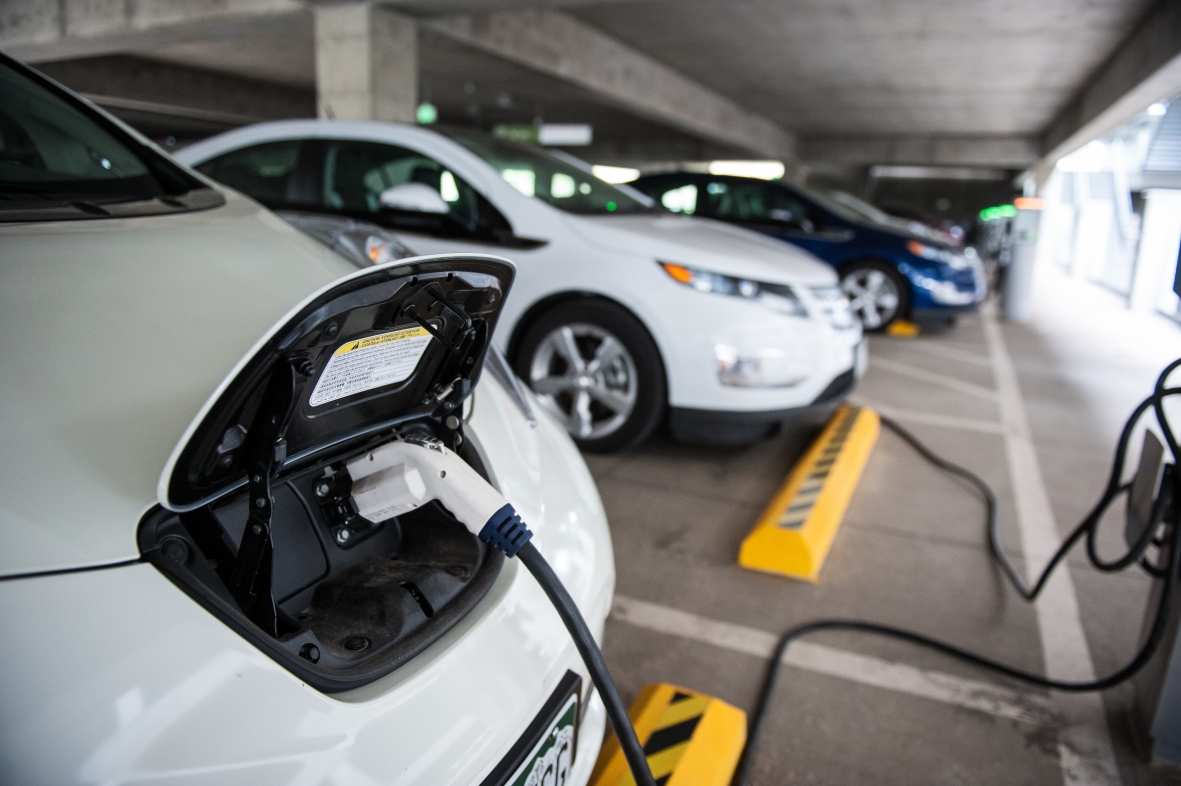
Zach Montague, News Assistant, New York Times
Oct 27, 2017
China seized global attention in September with the announcement that it had begun earnestly planning a ban on traditional gas-fueled vehicles. So far, no date has been set for the final cutoff, and important strategic details remain murky. But the decisiveness and finality of the announcement has animated environmentalists, investors and auto manufacturers, who sense a unique business opportunity.
Back to Top

- China-US Focus builds trust and understanding between the U.S. and China through open dialogue among thought leaders.
- Our Offerings
- Topics
- Videos
- Podcasts
- Columnists
- Research Reports
- Focus Digest
- Stay Connected
-
Thanks for signing up!
- Get the latest stories from China-US Focus weekly.